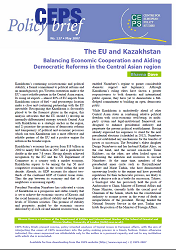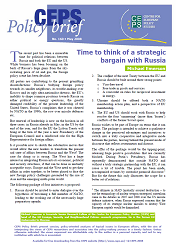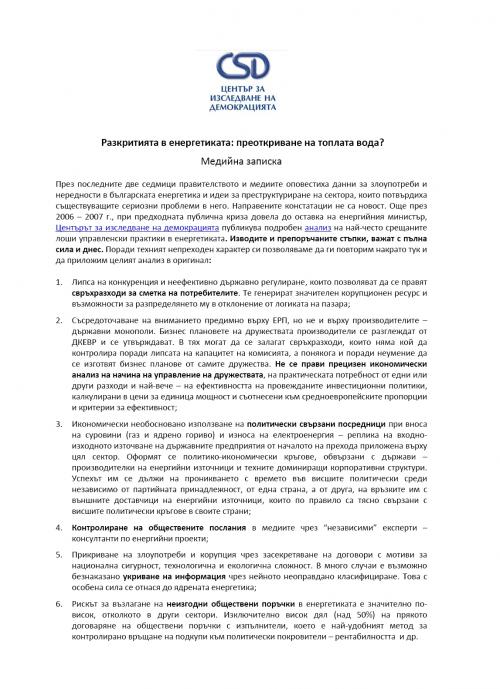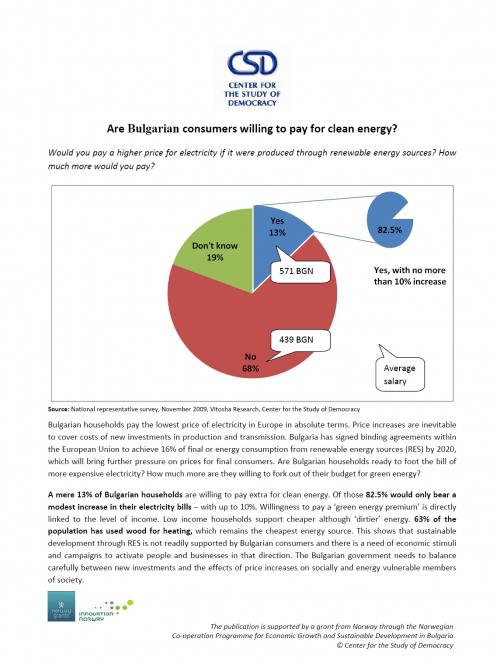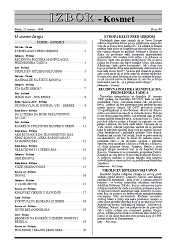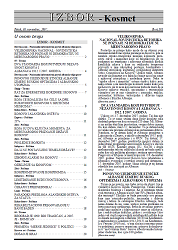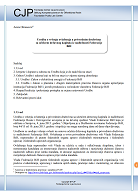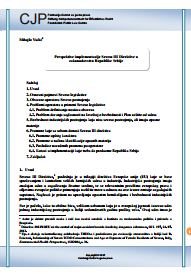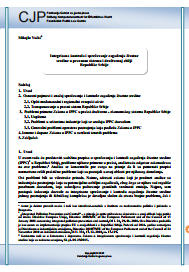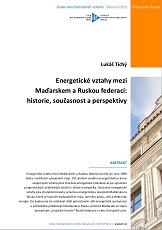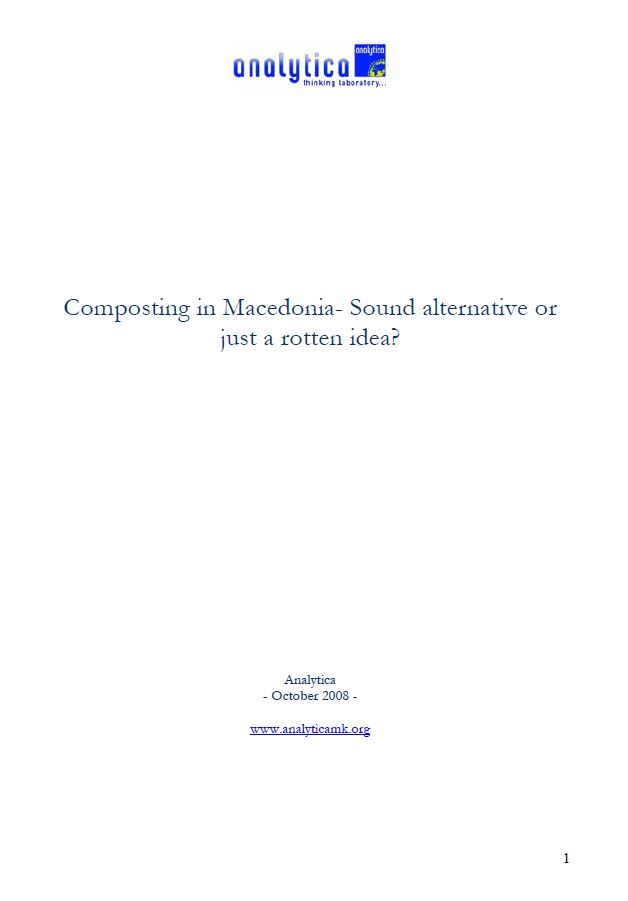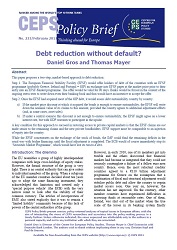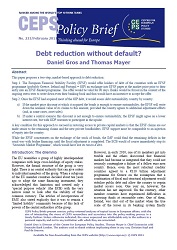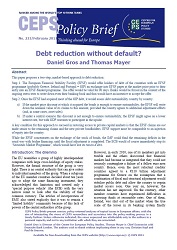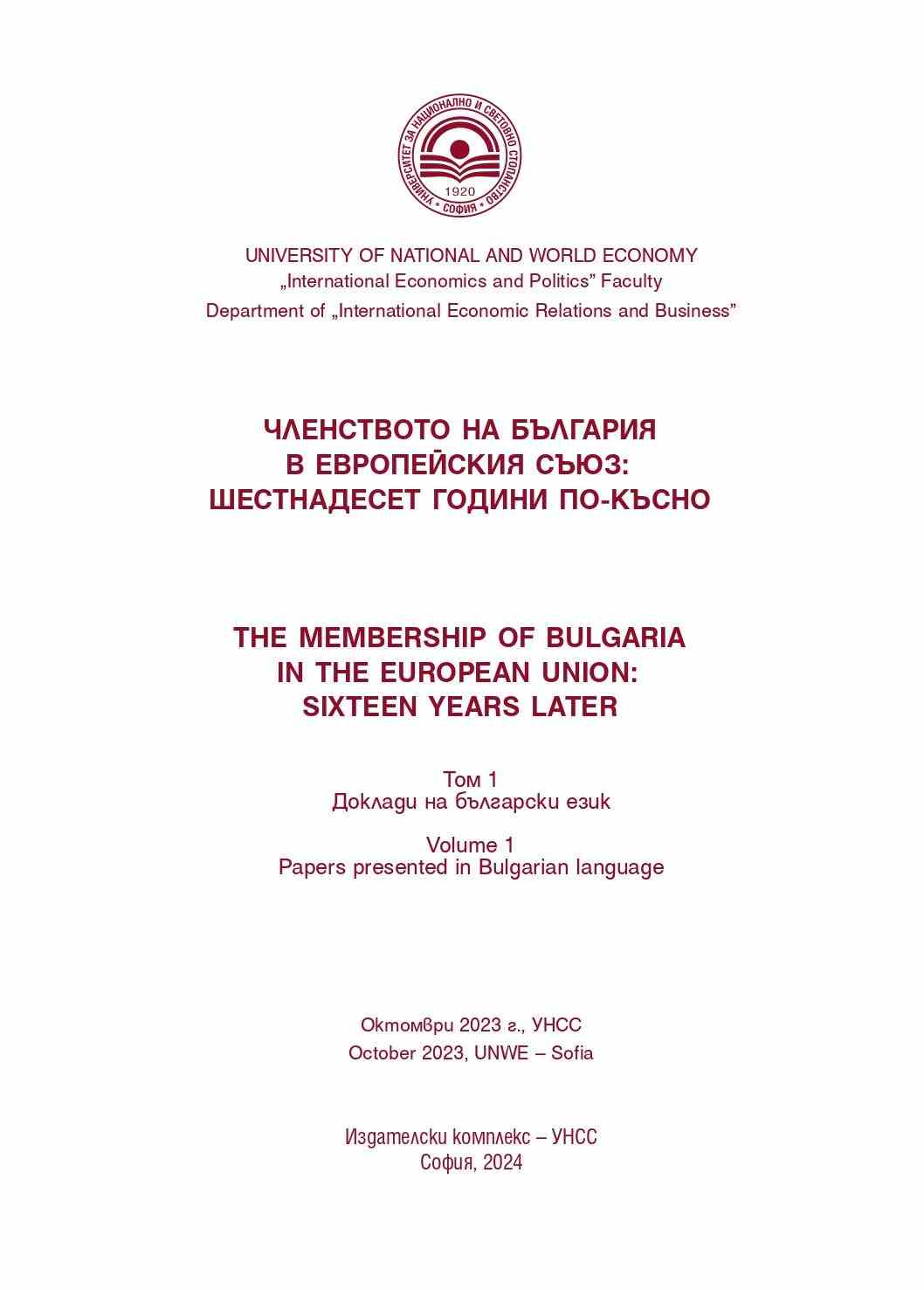Author(s): Mihajlo A. Vučić / Language(s): Serbian
Integrisano sprečavanje i kontrola zagađenja životne sredine jedan je od suštinskih instrumenata postizanja cilja održivog razvoja, što je prepoznato na međunarodnom nivou, uporednim zakonodavstvom i propisima na nivou EU. Republika Srbija u normativnom pogledu ne zaostaje za normativom evropskog zakonodavstva jer je u potpunosti implementirala Direktivu o IPPC jednim sveobuhvatnim i dobro napisanim zakonom i pratećim uredbama. Ono što opterećuje primenu ovog instituta u praksi, međutim, jeste neusklađenost ove normative sa drugim propisima koji su neophodni za njegovu primenu, poput Zakona o planiranju i izgradnji, Zakona o opštem upravnom postupku i Zakona o vodama. Takođe, nedovoljni kapaciteti državne administracije nadležne za sprovođenje ove normative u život, privredne teškoće sa kojima se adresati normative, operateri postrojenja, suočavaju u uslovima duboke ekonomske krize, generalna tehnička složenost normative i neobaveštenost adresata o sopstvenim obavezama, kratkotrajni rokovi predviđeni za implementaciju normative neusklađeni sa realnim mogućnostima prilagođavanja privrede, uzeti ukupno, doveli su do teškoća u ostvarenju cilja sprečavanja i kontrole zagađenja, parališući primenu zakona. U tom smislu, usvojene izmene i dopune su dobrodošle da olakšaju makar ovu normativnu neusklađenost, međutim, kao što je pokazano, ni te izmene i dopune nisu u potpunosti pokrile domen neusklađenosti, ostavljajući van dometa Zakon o vodama. Sa druge strane, produženi rokovi za implementaciju normative pomoći će da se neki od nedostataka društveno - ekonomske osnove za primenu Zakona o IPPC u Republici Srbiji vremenom ublaže, ali i dalje stoji surova činjenica da je u periodu primene Zakona pre izmena i dopuna, od 2004 - 2014, od predviđenih 196 postrojenja samo 10 dobilo integrisanu dozvolu. Punih deset godina, dakle, da bi se svega 5,1% zahteva rešilo. Za 30 postrojenja zahtev još nije ni predat. Do 2020. godine ima još 5 godina: da li je realno očekivati da se stvari sada tako naglo ubrzaju? Na kraju, mišljenja sam da je na normativnom planu, u pogledu ostvarenja integrisanog sprečavanja i kontrole zagađenja životne sredine urađeno gotovo sve što se moglo. Ostaje jedino manji problem neusklađenosti normative sa Zakonom o vodama, ali će se i to nekako u praksi prevazići, iako je naravno poželjnije da je zakonodavac imao i taj problem u vidu. Ono što može da koči dalji napredak IPPC u praksi jeste neusklađenost realne društveno - ekonomske osnove sa pravnom nadgradnjom. Dešava se situacija da Republika Srbija svoje obaveze prema evropskom zakonodavstvu pretpostavlja obavezama prema realnostima društveno-ekonomskog života, što stvara paradoksalnu situaciju da propisi koji imaju za cilj podršku privrednoj inicijativi, pojavi novih privrednih subjekata na tržištu i jačanju tržišne konkurencije, tu istu inicijativu zbunjuju, pojavu novih subjekata obeshrabruju, što u krajnjoj liniji dovodi do slabljenja tržišne konkurencije.
More...
